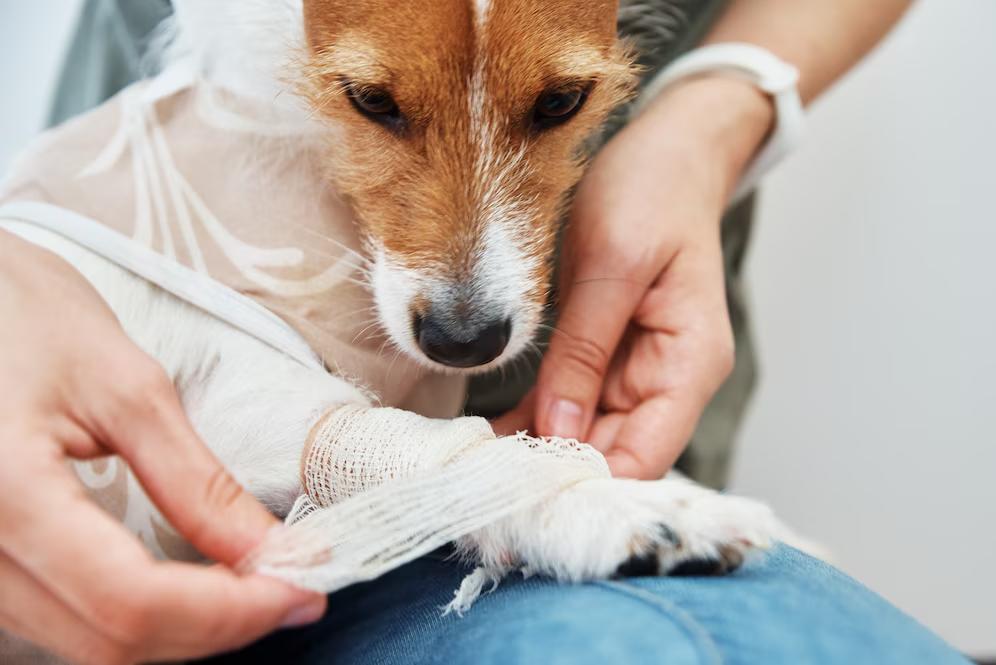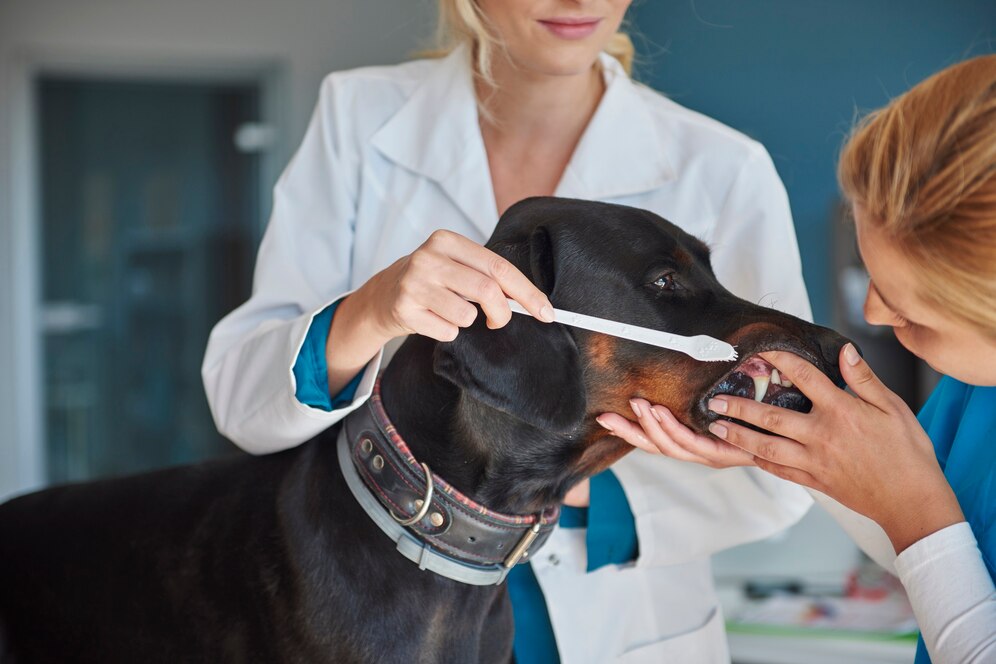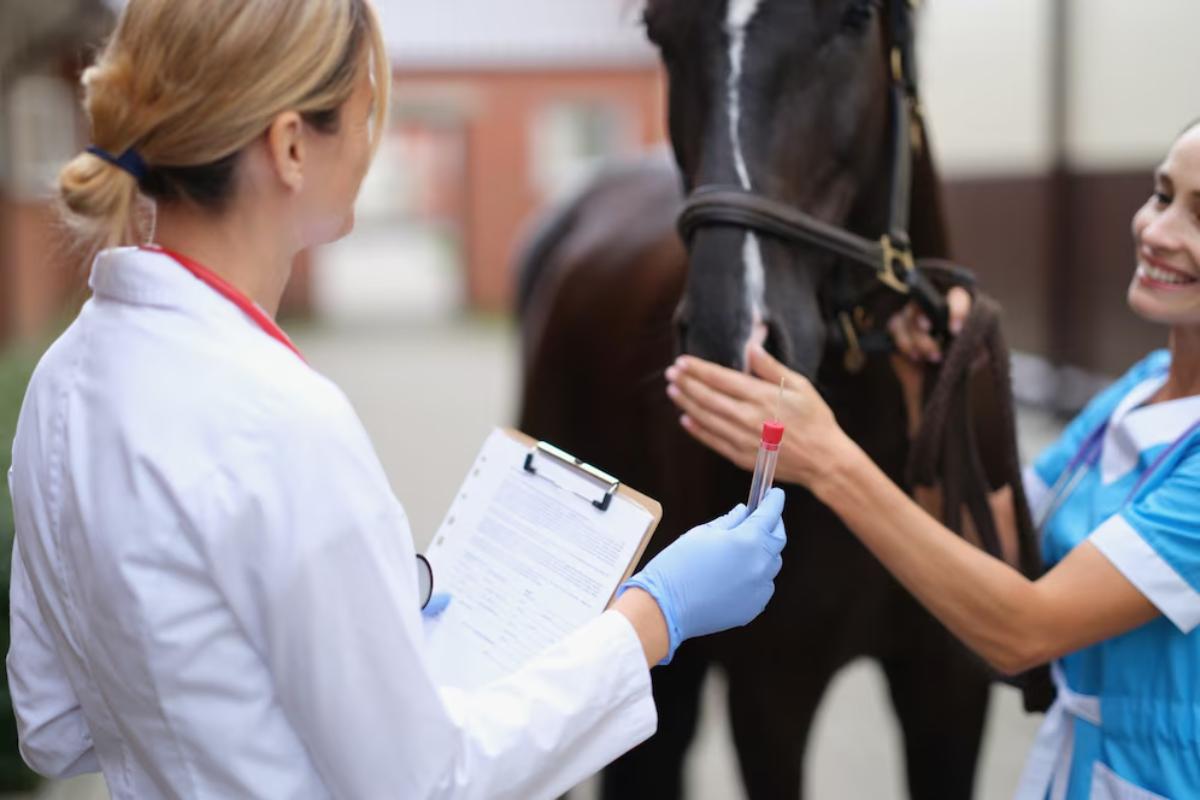
Top Questions to Ask Before Buying Pet Insurance
You adore your pet — from the wagging tail that greets you every evening to the soft purr that lulls you to sleep. They’re part of the family, and naturally, you want to do right by them. But when a health issue crops up, the vet bills can be… let’s just say, a bit more than you bargained for.
That’s where pet insurance comes in.
But here’s the truth: not all policies are created equal. With so many options and complicated small print, it’s easy to feel overwhelmed. Choosing pet insurance isn’t just about picking the cheapest monthly premium — it’s about knowing exactly what you’re getting (and what you’re not).
In this guide, we’ll break down the key pet insurance questions every responsible pet owner should ask before signing on the dotted line. Whether you’re a new puppy parent or considering switching providers, this blog will give you the confidence to make the right decision for your furry friend.
Why Ask Questions Before Buying Pet Insurance?

You wouldn’t buy a car without checking the mileage or a house without asking about the boiler. So why should pet insurance be any different?
Asking the right questions upfront can help you:
- Avoid surprise out-of-pocket costs
- Ensure your pet gets the best possible care
- Understand exactly how claims work
- Choose a plan that aligns with your lifestyle and budget
Let’s dive into the most important questions to include in your pet insurance checklist.
1. What Type of Cover Does This Policy Offer?
This is the foundational question. There are several types of pet insurance, and the differences really matter.
Types of Pet Insurance:

- Accident-Only: Covers injuries, not illnesses. Basic but affordable.
- Time-Limited: Covers illnesses and injuries for a set period (usually 12 months).
- Maximum Benefit: Covers each condition up to a fixed amount, with no time limit.
- Lifetime Cover: Covers conditions year after year, as long as you renew.
Tip: If your pet develops a chronic illness (e.g. diabetes or arthritis), only lifetime cover ensures ongoing treatment year after year.
2. What’s the Annual Vet Fee Limit?
This refers to the maximum amount the insurer will pay in vet bills each year. If you exceed that limit, you’ll be footing the rest of the bill.
What to Consider:
- Low cover (£1,000–£2,000) may not be enough for surgery or diagnostics.
- Mid-level (£4,000–£7,000) offers decent coverage for most emergencies.
- High cover (£8,000–£15,000) is ideal for peace of mind and chronic care.
Think about your pet’s risk factors (age, breed, activity level) and your local vet costs. In some UK cities, an overnight vet hospital stay can exceed £1,000.
3. What’s the Excess and Co-Payment?
This is what you pay out of pocket before your insurance kicks in. Some policies also include a co-payment, which is a percentage you must contribute toward the claim.
Important to Know:
- Excess: Usually between £75 and £150, either per condition or annually.
- Co-Payment: Common for pets over 8; typically 10–20% of the claim.
Scenario: If your vet bill is £1,000, with a £100 excess and 10% co-pay, you’ll pay £190, and the insurer covers £810.
4. Does the Policy Cover Pre-Existing Conditions?
Spoiler: Most don’t.
Pre-existing conditions are any health issues your pet had before the policy started, even if they weren’t formally diagnosed.
However, some insurers (like ManyPets in the UK) offer partial or full cover for pre-existing conditions if your pet has been symptom-free for a certain period (often 24 months).
Always disclose your pet’s full medical history, or risk having future claims rejected.
5. Are Hereditary and Congenital Conditions Covered?
Some breeds are more prone to inherited conditions. French Bulldogs, for instance, are famous for respiratory problems, while Labradors often struggle with joint issues.
Ask if the policy covers:
- Hip dysplasia
- Heart disease
- Patella luxation
- Epilepsy
- Allergies
Note: Some insurers exclude coverage for known breed-related issues — read the fine print carefully.
6. Does the Policy Include Dental Coverage?

Dental problems are incredibly common in pets, yet are often overlooked in insurance policies.
Two Types of Dental Cover:
- Injury-only (e.g. broken teeth from trauma) — more common
- Illness-related dental (e.g. gum disease) — often only in premium plans
Pro tip: Dental cover may require you to prove you’ve followed annual dental checks — so keep those vet receipts handy.
7. How Does the Claims Process Work?
Even a great policy can become frustrating if the claims process is a nightmare.
Ask:
- Can I claim online or through an app?
- Will the insurer pay the vet directly, or do I pay and get reimbursed?
- How long does it take to process a claim?
- Are there limits on how many claims I can make?
Tip: Check reviews on Trustpilot or Feefo to see how smooth (or painful) the real-world claims experience is.
8. What’s Not Covered?
It’s just as important to know what isn’t included.
Common Exclusions:
- Pre-existing conditions
- Routine treatments (vaccines, flea/worming)
- Spaying/neutering
- Pregnancy and breeding
- Cosmetic procedures
- Behavioural problems (unless covered in premium plans)
Read the policy exclusions section like your pet’s life depends on it — because in emergencies, it might.
9. Does the Policy Include Travel Cover?
If you take your pet on holidays abroad (or even within the UK), make sure the policy includes:
- Emergency vet care while travelling
- Quarantine costs (in rare cases)
- Lost pet advertising/recovery fees
Look for: Pet Travel Scheme (PETS) compliance if you’re travelling outside the UK.
10. Are There Any Age Limits?
Some insurers won’t offer new policies for pets over a certain age (usually 8 for dogs and 10 for cats). Others may increase premiums or reduce coverage as your pet ages.
Things to clarify:
- Can I start coverage for my senior pet?
- Will my premiums skyrocket at a certain age?
- Will the policy change (e.g. higher co-payments) after age 8 or 10?
11. Are There Multi-Pet Discounts?
If you’ve got more than one pet, check for:
- Bundle savings (5–15% off)
- Shared policies (less common but convenient)
- Separate claim limits per pet — make sure cover isn’t shared unless you want it to be
It may make sense to insure all pets with one provider, but always compare the combined cost against individual policies.
12. What Are Customers Saying?
A provider’s glossy marketing doesn’t always match the experience real people have. Look beyond the price and ask:
- Are customers satisfied with claim outcomes?
- Do they respond quickly to queries?
- Are there many complaints about claim rejections or price hikes?
Check trusted sources:
- Trustpilot
- Feefo
- Which? Pet Insurance Reviews
Real-Life Anecdote: Max and the Missed Detail
Max, a 3-year-old Labrador, developed a skin allergy. His owner, Rob, assumed it would be covered — after all, he had a “comprehensive” policy.
But when he filed a claim, it was rejected. Why? The policy excluded treatment for skin conditions in Labradors, buried deep in the breed-specific exclusions section.
Rob learnt the hard way to always ask the detailed questions — and to read the policy booklet before the vet visit.
Final Thoughts: Don’t Just Buy Insurance — Buy Confidence
Your pet can’t tell you when they’re in pain — but you can protect them when life throws a curveball. Choosing the right policy means more than ticking a box. It’s about having the peace of mind to act fast in an emergency , knowing your cover has your back.
Asking the right pet insurance questions ensures:
- You’re not caught off guard when you need help most
- You choose a policy tailored to your pet’s unique needs
- You can say “yes” to treatment without financial panic
In short, you’re giving your pet the care they deserve — and yourself the peace of mind you need.


